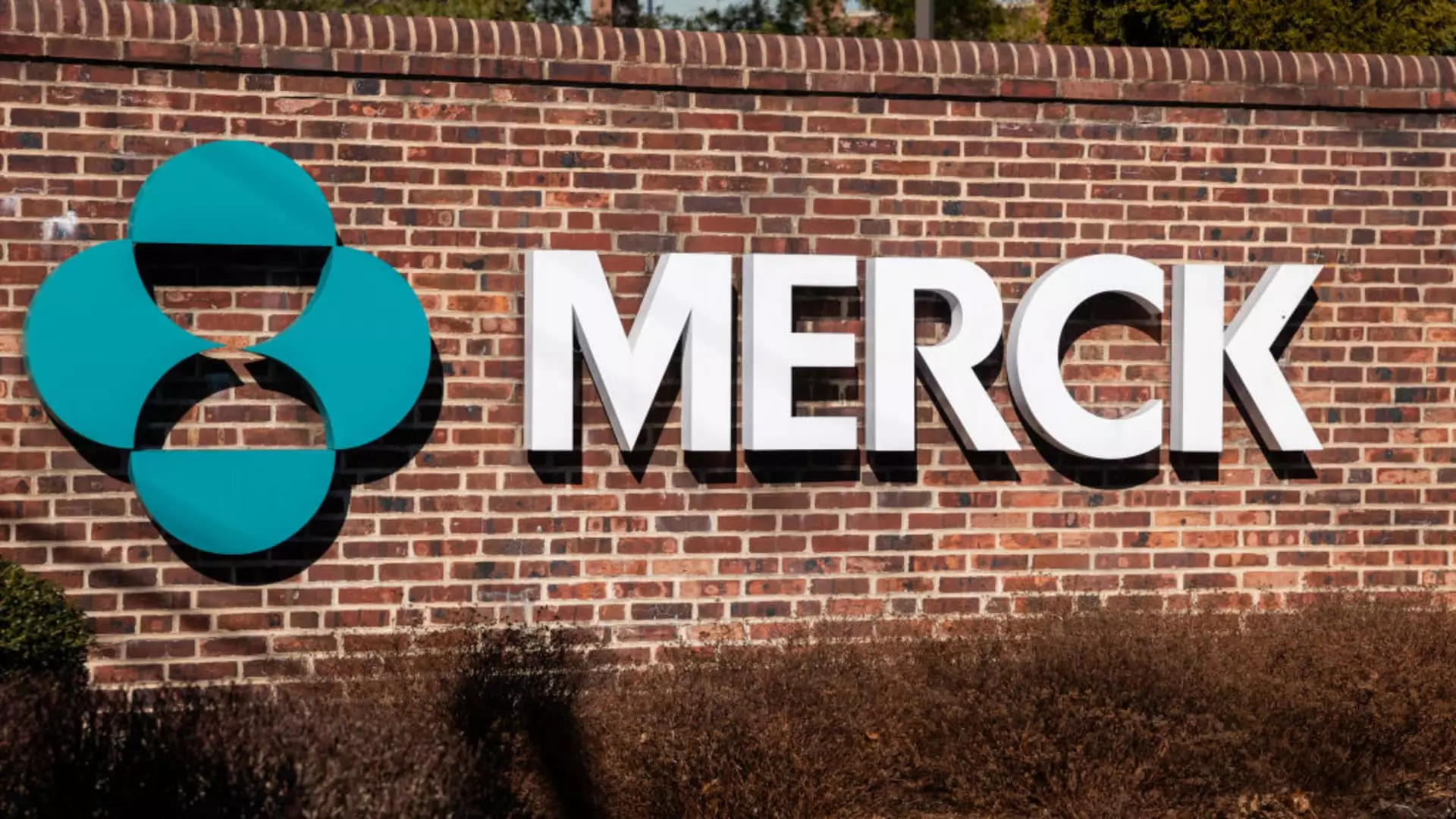Recent developments under Robert F. Kennedy Jr.’s leadership at the Advisory Committee on Immunization Practices (ACIP) have opened a divisive debate regarding the approval of Merck’s new respiratory syncytial virus (RSV) vaccine, Enflonsia. The committee’s unanimous recommendation for its inclusion in the routine childhood immunization schedule represents a significant moment not merely for public health policy but also for the pharmaceutical industry grappling with its reputation and trustworthiness. This decision is a potential game-changer for parents worried about RSV, a virus that can lead to critical conditions in infants, causing hospitalization and even death.
However, such a pivotal approval comes on the heels of Kennedy’s controversial reshaping of the committee, introducing some members known for their critical stance toward vaccines, which raises red flags about the objectivity and integrity of the decision-making process. The inclusion of dissenters like Retsef Levi and Vicky Pebsworth—who voiced concerns over safety—suggests an unsettling rift within the scientific community. The question arises: is ACIP responding to legitimate health concerns, or is there undue pressure to endorse a product that may not be fully ready for universal application?
The Security of Immunizations: A Fragile Trust
Despite the overwhelming data supporting Enflonsia’s efficacy—showing an 84% reduction in RSV-related hospitalizations among infants in mid- to late-stage trials—parents and health care professionals might still find themselves grappling with skepticism. The approval comes amid an increasingly polarized narrative surrounding vaccines, where every new product is scrutinized under a microscope of public opinion, fueled both by historical mishaps in the medical industry and contemporary misinformation. When vaccines are touted as safe and effective, individuals are left to navigate their feelings of distrust, especially given the conflicting views even within the panel itself.
While some committee members strongly endorse Enflonsia, others are vehemently against it, raising concerns about long-term safety and overall readiness for deployment. This dichotomy could be reflective of larger societal anxieties about health governance, the pharmaceutical industry, and the façade of absolute safety in vaccination protocols. One cannot dismiss Levi’s dissent as a mere footnote; it echoes a critical discourse around informed consent and the ethical considerations of administering new vaccines to healthy infants.
Corporate Influence: An Industry Under Pressure
For the pharmaceutical companies involved, including Merck and its competitors like Sanofi and AstraZeneca, the stakes are undeniably high. With RSV affecting thousands and leading to a significant number of serious health complications among infants, there exists a moral imperative to provide solutions rapidly. Yet, in the race to innovate, we must remain vigilant against the corporate impulse that sometimes emphasizes profit margins over patient welfare. The reliance on monoclonal antibodies as a preventive measure could represent a shift towards dependency on private pharmaceutical solutions rather than broader, systemic changes in pediatric healthcare.
Kennedy’s actions, aimed at reinvigorating vaccine advisement with a diversity of opinions, underline a critical moment in public health policy: the balance between the urgency of medical innovation and the necessity of rigorous safety assessments. A compromise may lead to rushed approvals, thus exacerbating the existing distrust in medical interventions, particularly when vaccine uptake is paramount for community immunity.
A Future Shaped by Vigilance and Accountability
As childhood vaccine initiatives move forward, the endorsement of Enflonsia embodies both hope and apprehension. While it is commendable that more treatment options are being developed to shield infants from RSV, every governmental green light must come encased in layers of accountability and public discourse. Health officials, pharmaceutical companies, and advocates for vaccine safety must continuously engage the public in dialogue to maintain the collective trust necessary for successful immunization programs.
Moving forward, the path must be paved not just with scientific evidence but also with community engagement and transparent communication. A healthcare system that is attentive to fears, acknowledges past errors, and prioritizes ethical considerations will ultimately foster better health outcomes. The clock may be ticking towards another RSV season, but we must never allow a rush to undermine the cornerstone principles of a trust-based healthcare system.

